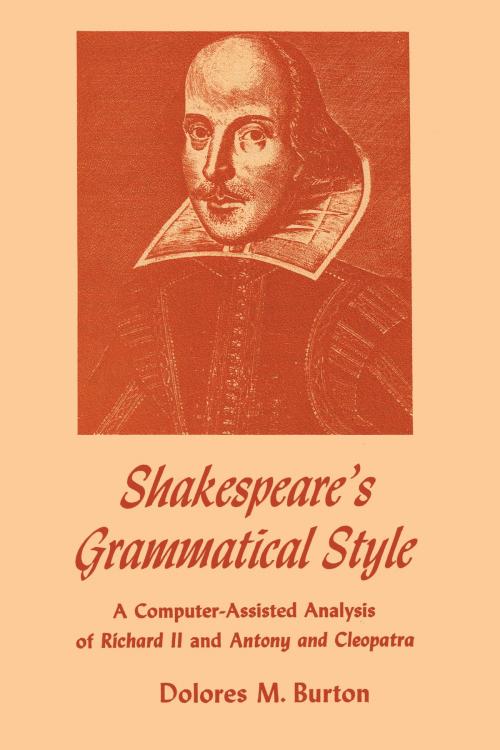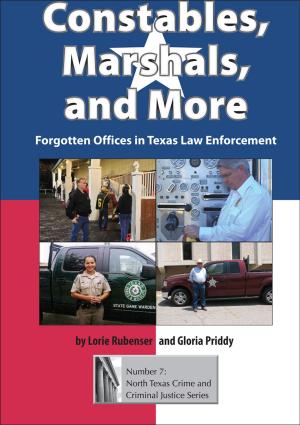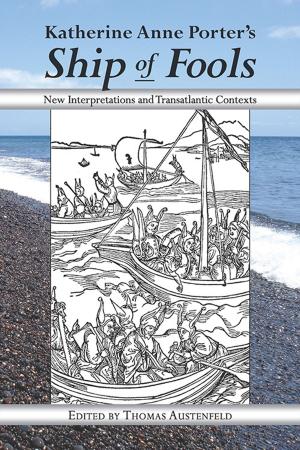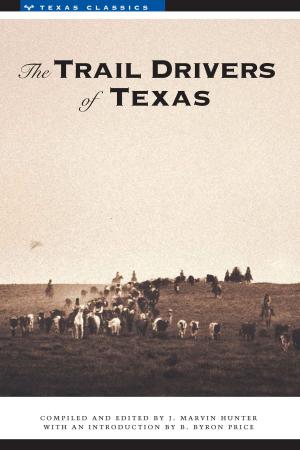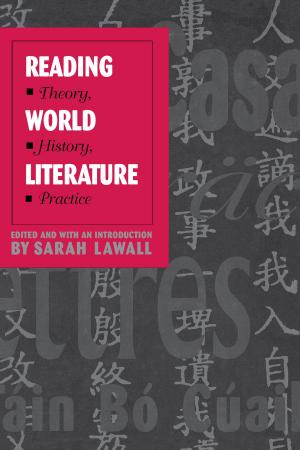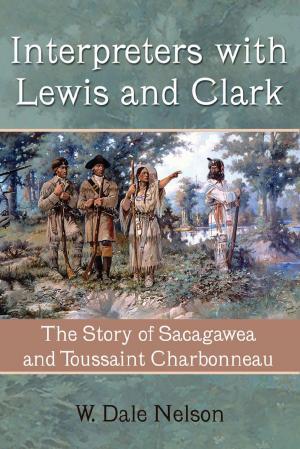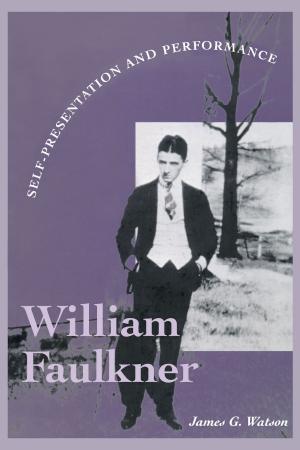Shakespeare's Grammatical Style
A Computer-assisted Analysis of Richard II and Anthony and Cleopatra
Fiction & Literature, Literary Theory & Criticism, British| Author: | Dolores M. Burton | ISBN: | 9780292771482 |
| Publisher: | University of Texas Press | Publication: | November 6, 2014 |
| Imprint: | University of Texas Press | Language: | English |
| Author: | Dolores M. Burton |
| ISBN: | 9780292771482 |
| Publisher: | University of Texas Press |
| Publication: | November 6, 2014 |
| Imprint: | University of Texas Press |
| Language: | English |
Shakespeare’s Grammatical Style is the first full-scale, systematic study using an examination of Shakespeare’s syntax as a key to the interpretation of his work. Dolores M. Burton presents information on the application of linguistic and statistical techniques to the description and analysis of style, and she has applied the insights and techniques of the major schools of linguistic inquiry, including those of London and Prague. Just as studies of imagery and vocabulary have aided interpretations of the plays, so an examination of the grammatical features of Shakespeare’s language indicates that they, too, perform a poetic and dramatic function. For example, noun modifiers like possessives and definite articles yield insights into a speaker’s point of view or subtly aid in defining the fictional world of the plays. With respect to stylistic development, Shakespeare’s handling of word order moved from a concentration of dislocated sentences and clause constituents to greater emphasis on varied and frequent permutations in nominal and verbal phrases. A computer-generated concordance of function words facilitated the study of syntactic features, which included an examination of formal aspects of diction, nominal group structure, the function and frequency of relative clauses, and the classification of sentences by mood and type. Several problems associated with quantitative and linguistic studies of a full-length literary work are discussed and exemplified. Style itself is defined mathematically as a propositional function S(A), and from this definition stylistic parameters are derived by correlating critical notions like fictional world, point of view, and characterization with differences in the syntax of the two plays.
Shakespeare’s Grammatical Style is the first full-scale, systematic study using an examination of Shakespeare’s syntax as a key to the interpretation of his work. Dolores M. Burton presents information on the application of linguistic and statistical techniques to the description and analysis of style, and she has applied the insights and techniques of the major schools of linguistic inquiry, including those of London and Prague. Just as studies of imagery and vocabulary have aided interpretations of the plays, so an examination of the grammatical features of Shakespeare’s language indicates that they, too, perform a poetic and dramatic function. For example, noun modifiers like possessives and definite articles yield insights into a speaker’s point of view or subtly aid in defining the fictional world of the plays. With respect to stylistic development, Shakespeare’s handling of word order moved from a concentration of dislocated sentences and clause constituents to greater emphasis on varied and frequent permutations in nominal and verbal phrases. A computer-generated concordance of function words facilitated the study of syntactic features, which included an examination of formal aspects of diction, nominal group structure, the function and frequency of relative clauses, and the classification of sentences by mood and type. Several problems associated with quantitative and linguistic studies of a full-length literary work are discussed and exemplified. Style itself is defined mathematically as a propositional function S(A), and from this definition stylistic parameters are derived by correlating critical notions like fictional world, point of view, and characterization with differences in the syntax of the two plays.
